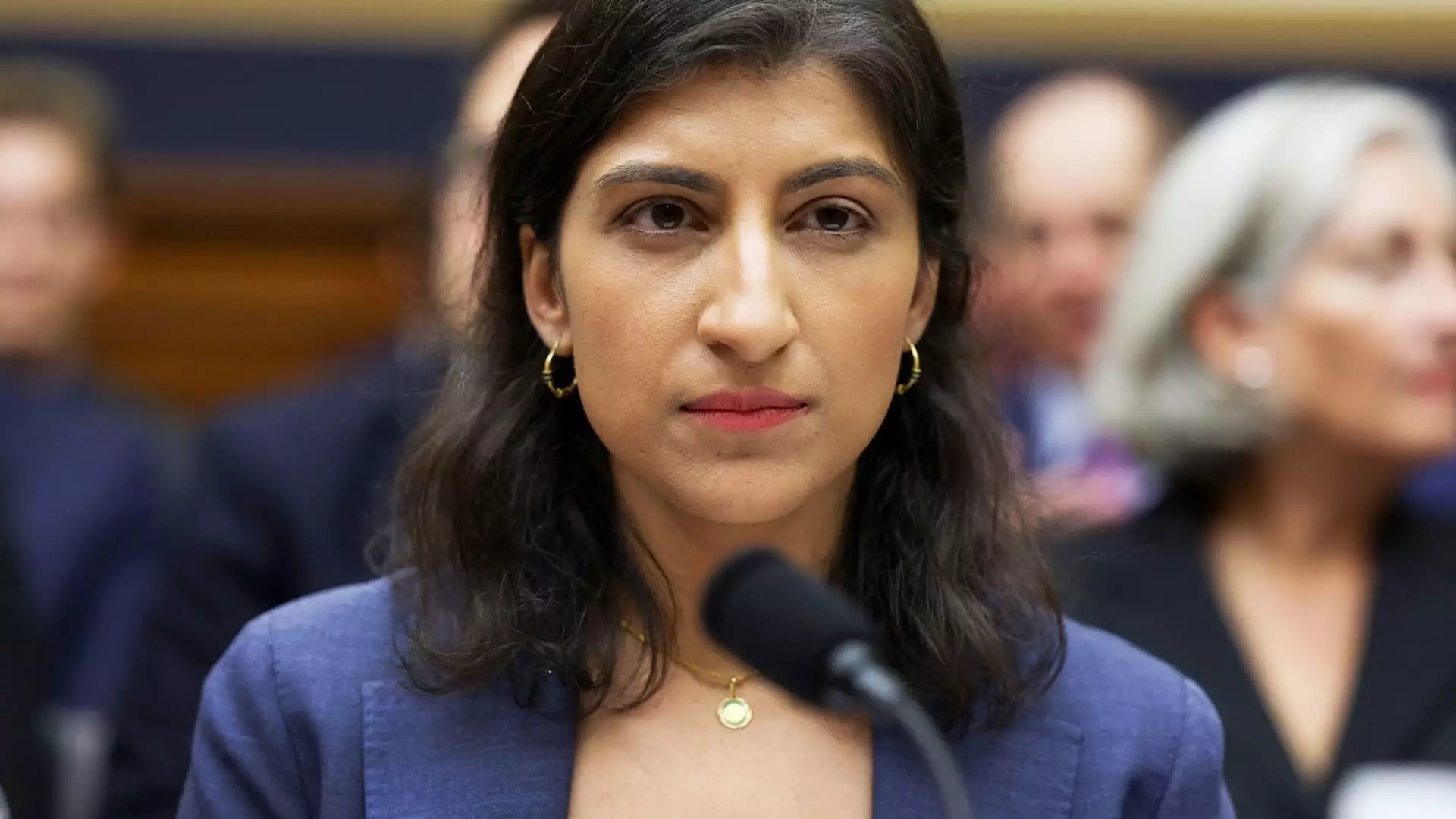The Federal Trade Commission (FTC) has recently filed a lawsuit against U.S. Anesthesia Partners (USAP), the largest anesthesiology provider in Texas. The FTC claims that USAP has utilized its monopoly power to drive up prices for patients and generate higher profits. With allegations of anti-competitive practices, the FTC seeks to break up USAP’s monopoly and permanently prevent the company from engaging in such tactics.
According to the FTC, USAP was established in 2012 by Welsh, Carson, Anderson & Stowe, a private equity firm based in New York. The company aimed to dominate the anesthesiology market in Texas by aggressively acquiring independent practices. This consolidation strategy allowed USAP to eliminate competition between the practices, which, in turn, kept prices relatively low.
The FTC’s complaint highlights USAP’s “roll-up” approach, wherein the company purchased almost every major anesthesia practice in Texas since 2013. As a result, USAP expanded significantly from 400 providers at 45 facilities in 2013 to 4,500 providers at 1,100 facilities in 2021. The complaint establishes USAP’s monopoly power in Houston and Dallas, the state’s two largest cities, as well as its dominant position in Austin, the capital of Texas.
One of the key allegations made by the FTC is that USAP has been leveraging its dominance to actively raise prices, resulting in substantial financial gains. With its stronghold in Austin, Dallas, and Houston, USAP can increase prices while still attracting a larger share of the market. This is primarily due to the difficulty for competitors to enter the market and the fact that patients cannot easily forgo anesthesia.
Dr. Derek Schoppa, a board member of USAP, has vehemently disagreed with the FTC’s claims. Schoppa argues that the complaint is based on flawed legal theories and a lack of medical understanding about anesthesiology. He further states that the FTC’s intended outcome could negatively impact patients’ access to quality anesthesia care in Texas. Schoppa believes that restricting USAP could jeopardize the ability of hospitals and healthcare systems in underserved communities to provide adequate care.
If successful, the FTC’s lawsuit could have far-reaching implications for USAP and the healthcare landscape in Texas. Breaking up the alleged monopoly power of USAP would create opportunities for new anesthesiology providers to enter the market, potentially leading to more competition and price reductions. Additionally, patients could have a greater choice of providers, promoting equitable access to quality anesthesia care.
As the lawsuit unfolds, it remains to be seen how USAP and its defenders will respond to the allegations of anti-competitive practices. The FTC will need to provide sufficient evidence to convince a federal judge in Houston to ultimately break up USAP’s monopoly power. Meanwhile, the outcome of this case could serve as a precedent for similar actions against other dominant players in the healthcare industry.
The FTC’s lawsuit against USAP highlights the agency’s determination to combat alleged monopoly power within the anesthesiology market in Texas. The case will undoubtedly have significant implications for both USAP and the healthcare landscape in the state. As the legal battle unfolds, the ultimate goal is to ensure fair competition and equitable access to quality anesthesia care for patients across Texas.


Leave a Reply